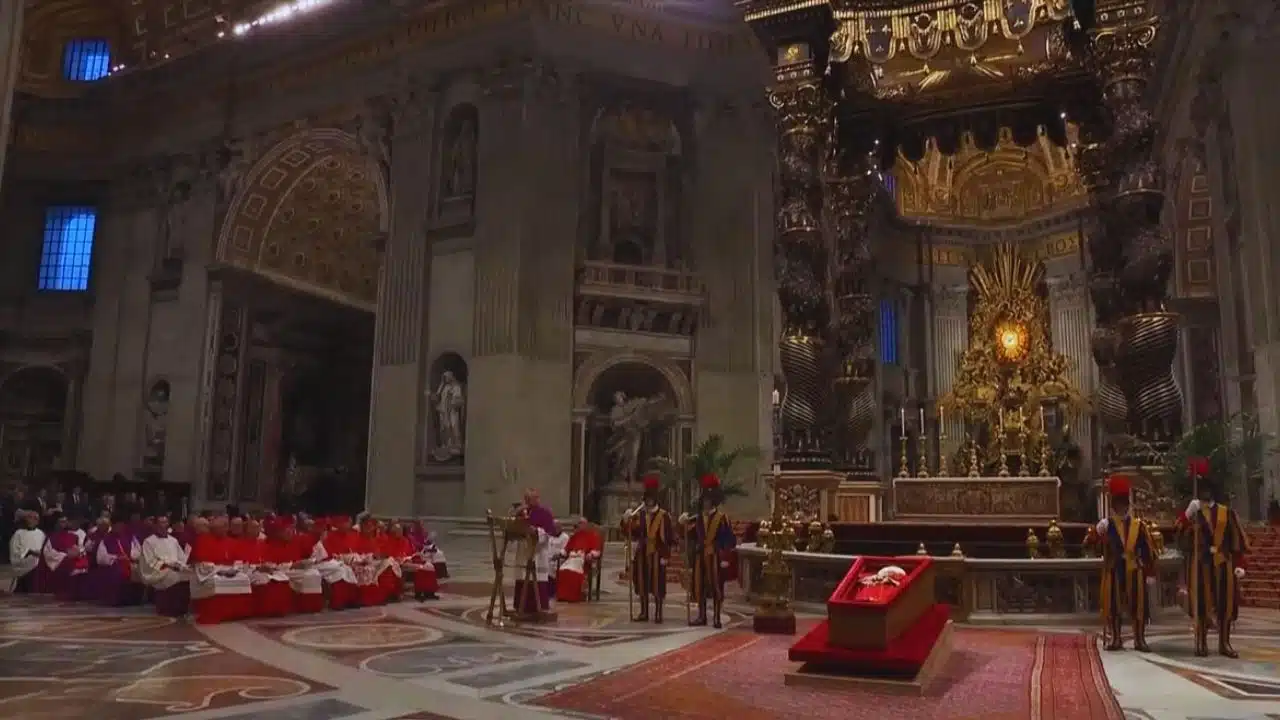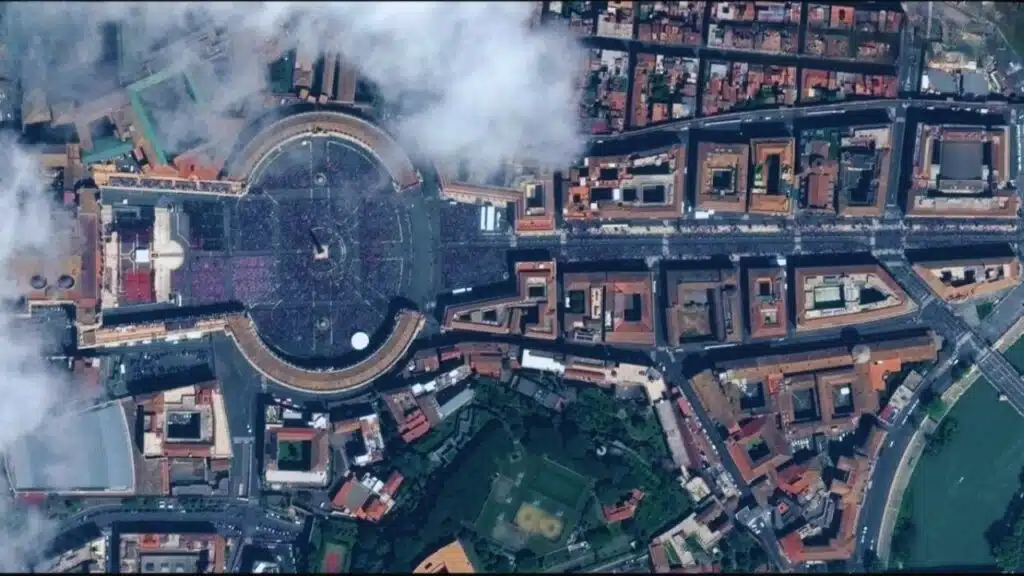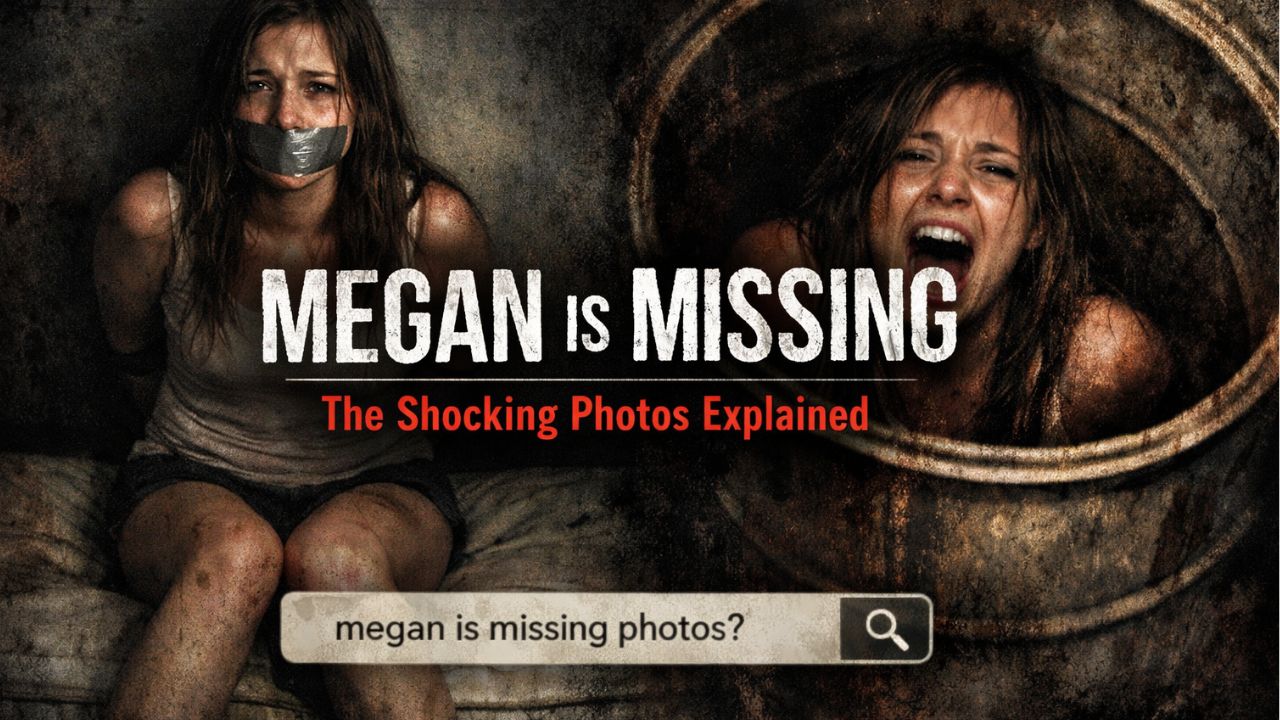The bells of St. Peter’s Basilica rang out on a clear, solemn morning in Vatican City on Saturday, marking the conclusion of the funeral for Pope Francis — a man remembered by many as a champion for migrants, the poor, and the marginalized.
More than 250,000 mourners crowded St. Peter’s Square, with an additional 150,000 lining the streets of Rome, as the world bid farewell to the 88-year-old pope who reshaped the Catholic Church with his calls for humility, inclusion, and justice.
The funeral Mass, celebrated outdoors on the steps of the Basilica, was a reflection of Francis’ desire for simplicity — a final act of service by a pontiff who always sought to walk among his people rather than reign above them.
A Historic Gathering of Global Leaders and Faithful Pilgrims
In a rare scene of unity, over 50 world leaders and 11 reigning monarchs attended the service, making it one of the largest diplomatic gatherings in Vatican history. Among those present were U.S. President Donald Trump and former President Joe Biden, Argentine President Javier Milei, Italian Prime Minister Giorgia Meloni, and Philippine President Ferdinand Marcos Jr., leader of the world’s third-largest Catholic population. Ukraine’s President Volodymyr Zelensky, amid his country’s ongoing conflict, also attended, holding a private meeting with Trump before the service.
Francis, born Jorge Mario Bergoglio in Buenos Aires, Argentina, was the first pope from the Americas, the first Jesuit pope, and the first non-European to lead the Church in more than 1,300 years. His papacy symbolized a global Church — one less Eurocentric and more attentive to the world’s peripheries.
A Farewell Mass Rooted in Simplicity and Deep Symbolism
The service began with the Latin hymn “Eternal rest grant unto him, O Lord, and let perpetual light shine upon him”, echoing across the square as sunlight glinted off the massive travertine columns of the basilica.
Cardinal Giovanni Battista Re, Dean of the College of Cardinals, delivered a moving homily, focusing on Francis’ unwavering advocacy for the poor, the displaced, and victims of war. “His gestures and exhortations on behalf of migrants are countless,” the cardinal said. “His insistence on working for the poor was constant and profound.”
Cardinal Re also praised Francis’ firm but compassionate voice during global conflicts, recalling the late pope’s frequent appeals for peace amid “raging wars and their inhumane horrors,” including his repeated exhortation to “build bridges, not walls.”
A Funeral of Firsts: A Global Church in Focus
In a notable first for a papal funeral, prayers were offered in multiple languages beyond Latin and Italian — including French, Arabic, Portuguese, Polish, German, and Mandarin — reflecting the Church’s expanding global identity under Francis.
Groups representing the poor, homeless, migrants, and marginalized communities — including a group of transgender women living in a Roman convent — were given prominent seating at the pope’s personal request. Their presence, coordinated by the Catholic charity Sant’Egidio, underscored Francis’ life-long mission to elevate the dignity of those society often forgets.
The late pope’s humility also shaped the funeral itself. In June 2024, months before his death, Francis personally approved a simplified version of the funeral rites, emphasizing that his farewell should be that of a “pastor and disciple of Christ,” not of a worldly monarch. The Vatican confirmed that certain elaborate elements typical of a papal funeral were intentionally pared back.
The Procession and Final Journey: Honoring a Life of Service
Following the Mass, Francis’ modest coffin — made of simple cypress wood — was carried by pallbearers back into the basilica before being taken in a solemn procession across the River Tiber to the Basilica di Santa Maria Maggiore. The journey passed Rome’s historic landmarks, including the Colosseum, symbolically linking the ancient and modern histories of Christianity.
The decision to bury Pope Francis at Santa Maria Maggiore, rather than alongside other recent popes beneath St. Peter’s Basilica, was another break with tradition. It was a deeply personal choice: Francis had often visited the basilica to pray before traveling and credited the Virgin Mary, venerated there under the title “Salus Populi Romani” (Protectress of the Roman People), with guiding his mission.
He becomes the first pope in over three centuries to be buried at Santa Maria Maggiore, in a private interment witnessed only by select members of the Vatican hierarchy.
Voices from Around the World: Reflections on Francis’ Legacy
Pilgrims and mourners gathered from across the world to pay tribute, many sharing personal reflections with reporters.
Anita Althaus, who drove overnight from Germany, said, “I loved him from the first moment because he was so human, with such an open heart. He had love always.”
Federico Burlón, from Argentina, expressed national pride:
“Francis turned the Church back to the poor. He made us proud. It’s sad today, but also a celebration of his life.”
Young people also felt a strong connection. Candela Rodríguez, a 21-year-old university student from Seville, Spain, studying in Rome, said, “He brought religion closer to young people. I hope the next pope will be humble and close to the people like Francisco was.
Sister Evelyn, an African nun working in marginalized communities, poignantly noted:
“When Francis recognized us, we felt seen. Will the next pope continue to see us? That’s the question that remains.”
The Legacy of a Groundbreaking Pontificate
Pope Francis‘ 12-year papacy left an indelible mark on the Catholic Church and global society. His groundbreaking actions included:
- Social Inclusion: Encouraging outreach to LGBTQ+ communities and authorizing blessings for same-sex couples, though not altering official doctrine.
- Climate Advocacy: Issuing the landmark encyclical Laudato Si’ in 2015, urging global action against climate change.
- Clerical Reforms: Taking steps to address the sexual abuse crisis, creating new accountability systems, though critics argue more remains to be done.
- Women’s Roles: Expanding the participation of women in leadership roles within the Vatican and advocating for greater inclusion.
- Interfaith Dialogue: Strengthening relations with other religions, including Islam and Judaism, and visiting Iraq — the first pope to do so.
Despite progressive achievements, Francis faced significant resistance from conservative elements within the Church, particularly over LGBTQ+ issues, divorce, and communion for remarried Catholics.
His criticism of political leaders, notably his rebuke of U.S. immigration policies earlier this year, also positioned him as a moral voice in global affairs — sometimes controversial but always consistent in advocating for human dignity.
A New Era Begins: Choosing Francis’ Successor
Following Vatican tradition, the College of Cardinals will soon convene in a closed-door conclave to elect the next pope.
The election is expected to reveal the Church’s internal divisions: whether to continue Francis’ progressive direction or to reassert traditional doctrines.
The next pontiff will inherit a Church that is more global, more aware of social issues, and more engaged with the contemporary world — but also one facing internal challenges and the task of maintaining unity among 1.4 billion Catholics.
A Final Blessing: Farewell to a Pope of the People
As the funeral concluded and the casket made its final journey, mourners in the square clasped hands, exchanged the sign of peace, and raised their voices in a final hymn of farewell.
For many, it was not just a goodbye to a religious leader, but to a man who, through humility and humanity, redefined what it meant to lead in modern times.
As Sister Luisa, a nun from Munich, put it with tears in her eyes:
“He was a very simple man, who loved other people. We feel blessed, but also a deep sorrow. He showed us that the Church can be compassionate again.”
Pope Francis’ death marks the end of a historic papacy — but the seeds he planted in the fields of mercy, justice, and humility will continue to bear fruit for generations to come.
The Information is Collected from Yahoo and BBC.




































